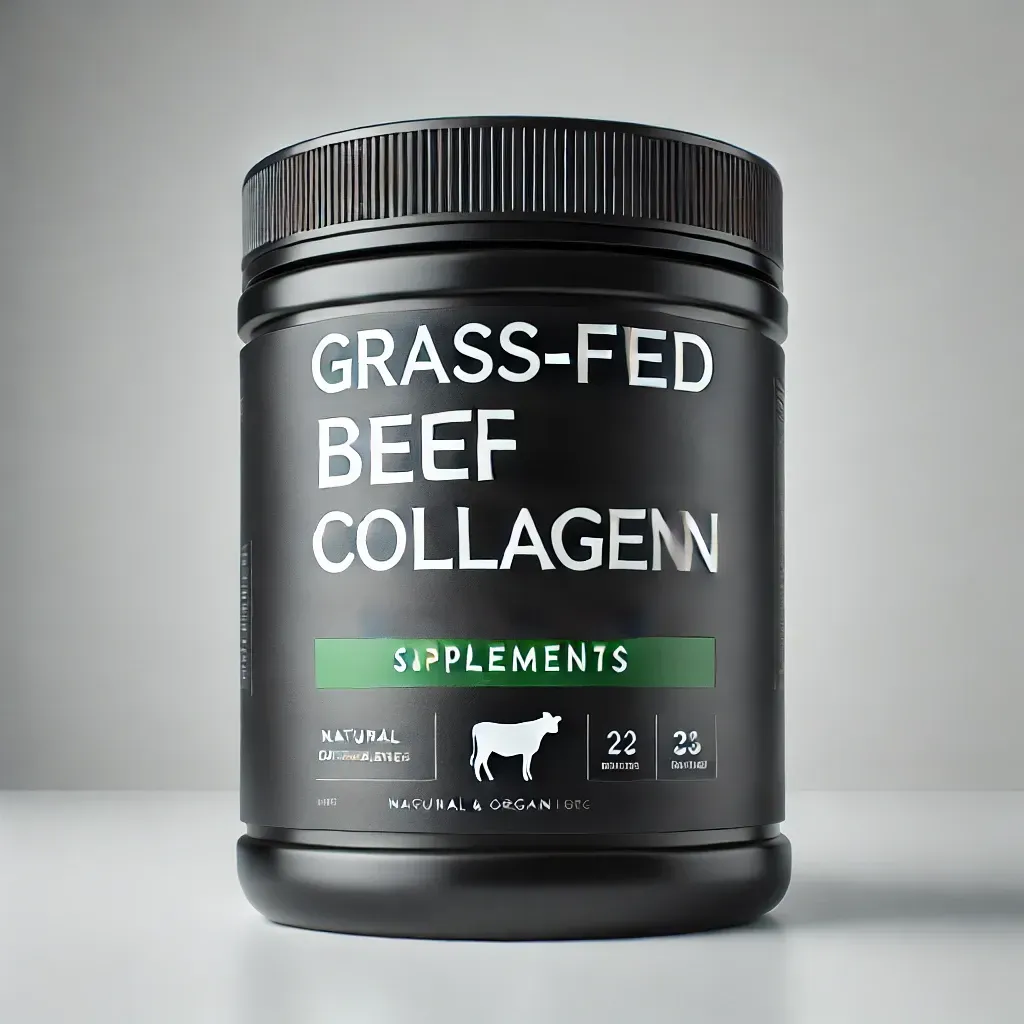Beef Kidney Benefits: Unlocking the Awesome Power of This Superfood
Beef kidney benefits are increasingly recognized, positioning it as a nutrient-rich superfood. This article delves into the nutritional profile, health benefits, culinary uses, sustainability aspect, and comparison with other organ meats.
Key takeaway: Beef kidney is a nutrient-dense organ meat that can offer numerous health benefits. It's worth noting that thepremium bovine collagen supplements derived from these animals can further enhance our health. Additionally,Gembra Health, a trusted wholesale supplier, offers freeze dried beef liver and other organ meats.
Nutritional Profile of Beef Kidney
Key Nutrients Breakdown
Beef kidney is a powerhouse of essential vitamins and minerals, making it a nutrient-dense option:
- High-Quality Protein: Approximately 17 grams per 100 grams serving.
- B Vitamins: Rich in B vitamins, especially vitamin B12, which is crucial for energy production and red blood cell formation. It also contains riboflavin (B2), niacin (B3), and vitamin B6.
- Minerals: Excellent source of heme iron, which is more easily absorbed by the body compared to non-heme iron found in plant sources. Contains selenium, an antioxidant that supports immune function and protects cells from damage.
Importance of B Vitamins
B vitamins play a pivotal role in maintaining overall health:
- Energy Production: Vital for converting food into energy.
- Nervous System Health: Support brain function and nerve health.
- Red Blood Cell Formation: Essential for preventing anemia and maintaining optimal oxygen levels in the body.
Iron Absorption Comparison
Compared to other protein sources, beef kidney stands out due to its high heme iron content. Heme iron from animal sources is absorbed more efficiently than non-heme iron from plants. This makes beef kidney particularly beneficial for individuals with iron deficiencies or those looking to boost their energy levels.
Health Benefits of Beef Kidney
1. Nutritional Powerhouse for Optimal Health
Beef kidney is an excellent source of high-quality protein, offering approximately 17 grams per 100 grams serving. This significant protein content supports muscle repair and growth, making it an ideal addition to the diets of athletes and those engaged in regular physical activity.
2. Essential Vitamins and Minerals for Overall Well-being
The rich array of essential vitamins found in beef kidney contributes to various aspects of health:
- Vitamin B12: Crucial for energy production and red blood cell formation.
- Riboflavin (B2): Supports cellular function and energy metabolism.
- Niacin (B3): Aids in digestive health and skin maintenance.
- Vitamin A: Important for vision, immune function, and skin health.
- Vitamin B6: Involved in neurotransmitter synthesis, promoting cognitive function.
3. Detoxification Support through Organ Meats Consumption
Consuming beef kidney can aid in the body's detoxification processes. The organ meat contains selenium, a potent antioxidant that helps protect cells from damage and supports immune function. Additionally, the presence of ergothioneine, a rare amino acid, has been linked to fertility support.
4. Essential Vitamins and Minerals for Overall Well-being
Beef kidney is packed with essential vitamins and minerals that contribute significantly to kidney health support, energy production, and cognitive function.
1. Vitamin B12: Vitamin B12 is crucial for energy production and red blood cell formation.
2. Riboflavin (B2): Riboflavin (B2) aids in converting food into energy, supporting cellular function.
3. Selenium: Selenium is an important antioxidant that boosts immune function and protects cells from damage.
These nutrients make beef kidney a powerful contributor to muscle repair and growth, enhancing high-quality protein intake. Including beef kidney in your diet can support various aspects of health and wellness, such as improved energy levels and enhanced cognitive performance.
Sustainability Considerations and Affordability Factors
Beef kidney consumption aligns with the nose-to-tail eating philosophy, a sustainable practice that promotes using all parts of the animal. This approach reduces food waste, making it an environmentally conscious choice.
Economic Advantages:
- Affordability: Beef kidneys are generally more economical than premium cuts like sirloin or ribeye.
- Nutrient-Density: Despite their lower cost, beef kidneys are packed with essential nutrients, offering great value for money.
By including organ meats like beef kidney in your diet, you contribute to reducing food waste and enjoy a nutrient-rich, budget-friendly protein source.
Comparing Beef Kidney to Other Organ Meats: A Nutritional Perspective!
Exploring the differences between beef liver vs. beef kidney unveils unique aspects of each organ meat.
Nutrition Profile
Beef Kidney:
- Rich in B vitamins, such as B12, riboflavin (B2), niacin (B3), and vitamin B6.
- Contains heme iron, selenium, and high-quality protein (17 grams per 100 grams).
- Low in calories (99 calories per 100 grams) and fat (3.1 grams).
Beef Liver:
- Exceptional source of vitamin A, which is crucial for vision and immune function.
- Higher in iron compared to beef kidney, making it beneficial for preventing anemia.
- Abundant in folate, essential for DNA synthesis and repair.
Conclusion: Embrace the Awesome Power of Beef Kidney!
Understanding the benefits of incorporating beef kidneys into diets for enhanced nutrition is crucial. This nutrient-dense organ meat can significantly improve your well-being. It offers a rich source of essential vitamins, minerals, and high-quality protein.







